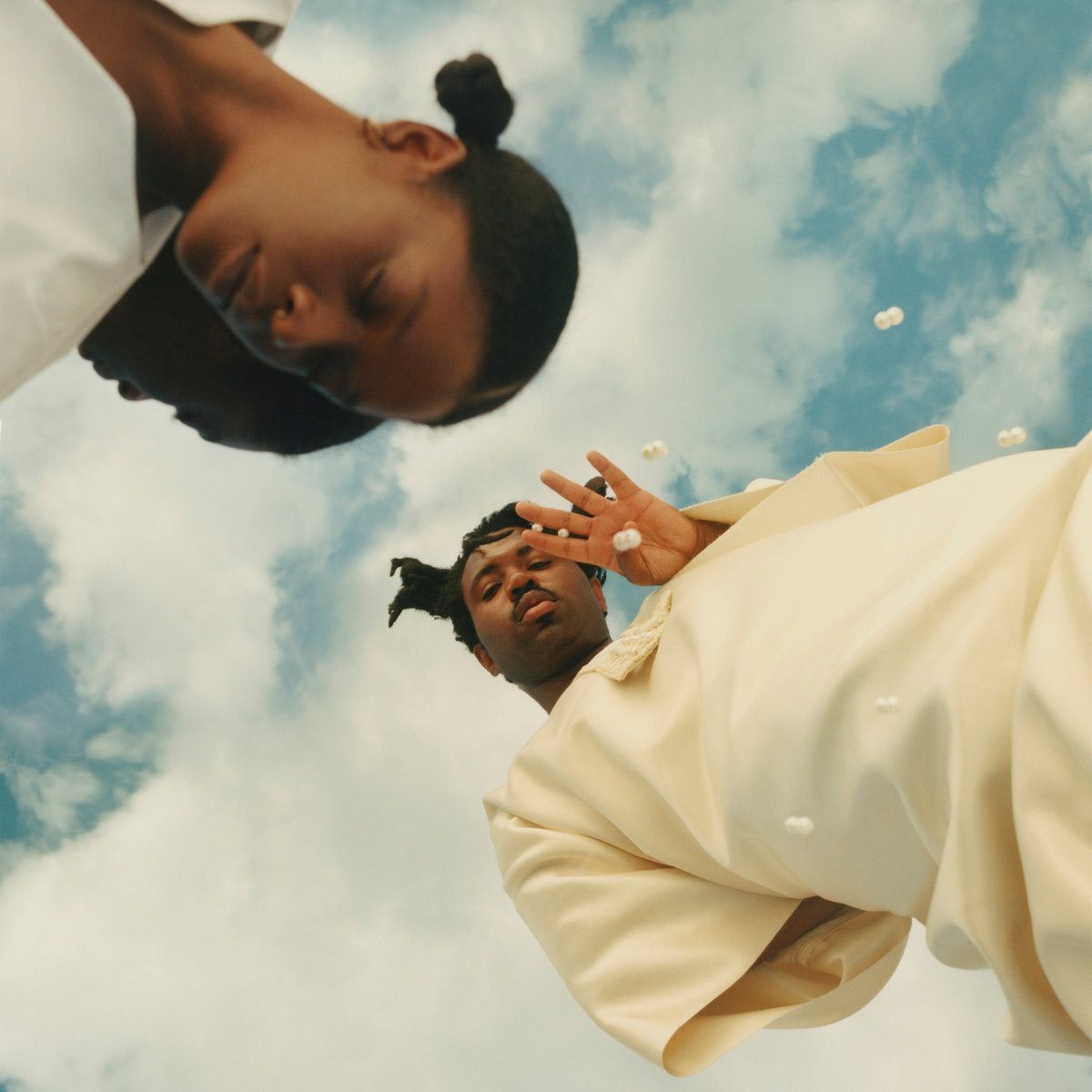Sampha
Lahai
YOUNG
ABOVE THE CURRENT
Sampha’s music has always been about various dualities—grief and joy, life and death, past and future, love and heartache—all serving to harmonize the beauty and ugliness of the present moment. Lahai, the follow-up to the English musician’s 2017 debut Process, is a more formidable work that pushes against language’s deficiencies and time’s mysteries, resulting in a celebration of connection through movement, both physical and temporal.
Throughout Lahai, Sampha emphasizes how our connection with others can be a haven: “I think we found ourselves a sacred place / A space to dream out loud,” he sings on opening track “Stereo Colour Cloud.” Oscillating piano that takes on the urgency of a footwork beat makes it feel like the world is spinning, with Sampha transporting us to another realm through tinny breakbeats and subtle sampled vocals. His own voice is grounding like a heartbeat as he bends space and time—when he gracefully sings “Zero in on your eyes, the safest place,” a sense of calm blooms over the tinkering, shapeshifting soundscape where the bass falls out and is replaced with elegant piano. It’s the beginning of a fissure between reality and memory, the place where dreams are born and latent truths reveal themselves.
Sampha doesn’t go it alone on this time-warping odyssey; Lahai’s endless world expands with the help of a rich roster of collaborators. Known for his work with other world-building artists like Björk and FKA twigs, El Guincho co-produced several songs, while Miley Cyrus/Jorja Smith engineer Ricky Damian adds additional production on the two opening tracks that act as a realm-unfolding couplet along with the yearning closer “Rose Tint.” Elsewhere, Léa Sen, Sheila Maurice-Grey, Yaeji, and Ibeyi embolden temporal sentiments, with the latter two respectively speaking in Korean and French about the loss of words and time’s nonexistence.
“Is it ’cause memories break / Why I feel lost in time?” Sampha asks on the Sen-featuring “What If You Could Hypnotise Me?” The track was inspired by a conversation regarding hypnotherapy, but the result is more transcendent—a cognitive spiral around the importance and lapse of language and memory. It’s one of the glistening moments on Lahai where Sampha’s use of breakbeats and tinkering clockwork percussion reinforce the urgency around these time-based questions. The malleability of memory can cause panic when trying to recall past events, a thought that inspires a few of the vast metaphysical queries Lahai prods at: If we can’t keep track of our memories, how can we keep track of the past? How do we exist in time if our own personal markers of it slip through the folds in our brain? Again, connection is Sampha’s spiritual anecdote as Sen’s vocals flutter in like an angel ready to lift Sampha to his feet: “Quiet storms dwelling on what you’re not / I’ll help you find a way out.”
All at once, Lahai feels like a freefall between the unconscious and conscious mind, between timelines where you never met your loved ones, across generational divides where your ancestors are listening to the same music you’re getting lost in in 2023. “Maybe there’s no ends / Maybe just infinity / Maybe no beginnings / Maybe just bridges,” Sampha quietly reflects on “Satellite Business” before the hip-hop and brass-band interplaying “Only” suggests an homage to connection and a prayer that we’ll always find our way back if we fall out of sync: “I’m moving on faith and faith only.”
Faith is an infinity, an ongoing communion with a greater calling or an intuitive forwardness. Sampha reminds us that our life is constantly in communication with those that came before us, as well as those who’ll come after us. Lahai briefly taps into that holy infinity.







